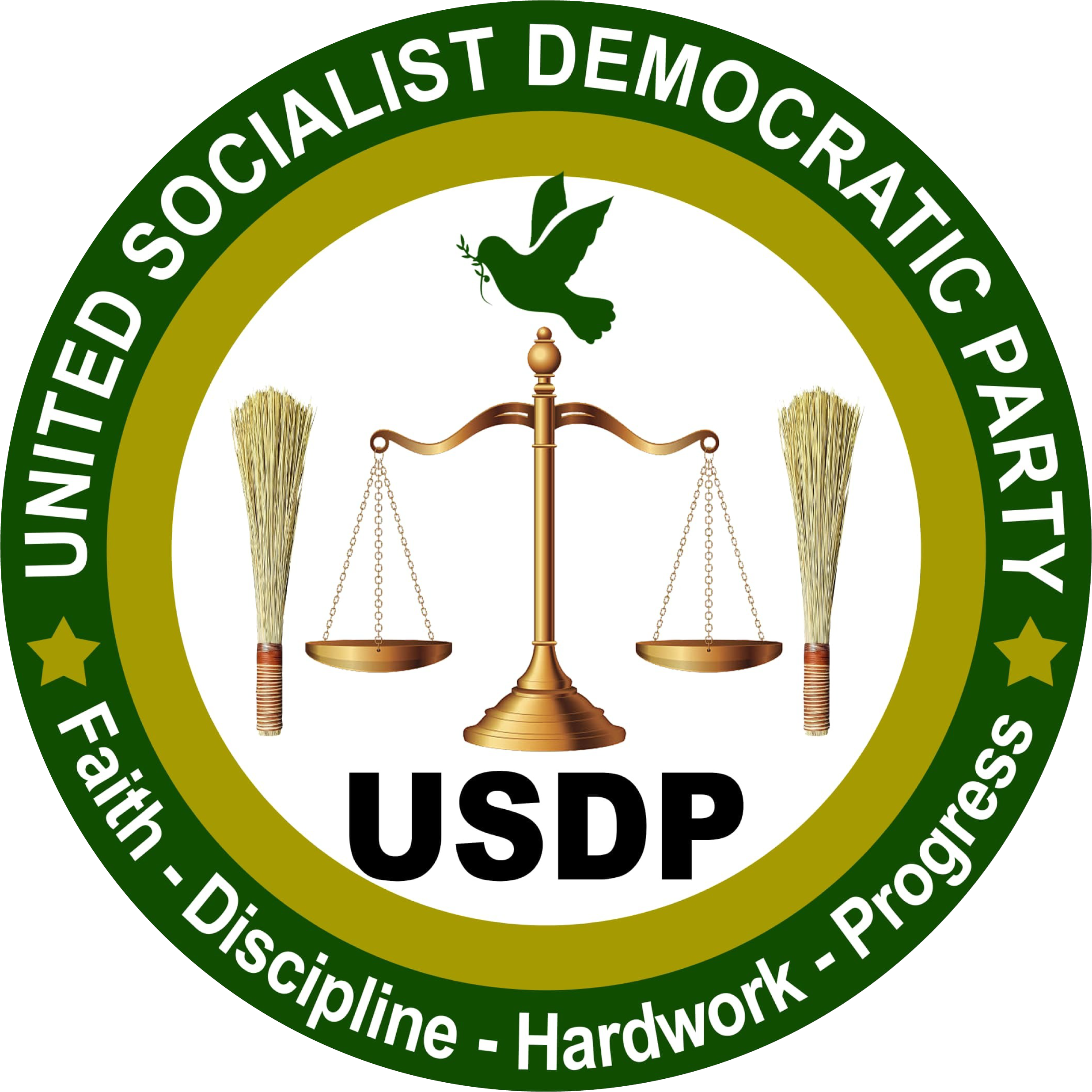
Loading... 0%

Loading... 0%

Even more than Education, the USDP has much to reinvent in Cameroon's judicial systems, including ensuring that Law and Order prevail. However, under the ONTS, Special Status, and Autonomous Regions model proposed by the USDP, Common Law and Public Law will find the space to operate fully, without interference from political or administrative entities.
There have been no recent cases of disruption to social peace in Cameroon due to the application or misapplication of Civil Law, except when these occurred in Common Law Courts. The USDP will therefore share its position on the merits of Common Law only, how it aligns with: i) Professionalization of the Public Service Sector and with the expected outcomes of the Anglo-Saxon-based Education System.
By definition, Common Law refers to law created by judges and not by Parliament. It is essentially a law that develops organically over time and is based on the shared values and customs accepted by a society. When judges review criminal and civil cases, they make informed decisions, develop precedents, and render judgments. When all these things are taken together, they constitute Common Law. Some civil laws, such as Negligence and Torts, began as Common Law.
Common Law systems have many advantages, five of which are described below, particularly how they support the USDP's public service professionalization and autonomous Anglo-Saxon education systems for Cameroon:
Specificity: Common Law is ideal for the inherent complexities of the ONTS, Special Status, and Autonomous Regions Model. Common Law clarifies, develops, and implements legislation. Parliamentary law formulation is often generic and broad, providing only general information about the law. Therefore, given the complex and unexpected outcomes of an ONTS dispensation, public service professionalization, and locally managed education systems in semi-autonomous regions, judges must play a central role through Common Law processes, reviewing the specific facts of each case, administering the law in accordance with contextual findings and interpretations of relevant legislation. Civil law can be too rigid and likely to be highly ineffective, or even disruptive, in such circumstances.
Doctrine of Precedent: Under the ONTS dispensation, public service professionalization, and locally managed education system, the doctrine of precedent works more effectively in most cases because it ensures consistency and stability in the legal system. Parties involved in hearings and trials can understand that decisions made are based solely on precedent and not on arbitrary judgment or personal opinions. Senior judges in higher courts are the ones who develop precedents, lending experience and credibility to the process.
Response to Contingencies: The ONTS dispensation, public service professionalization, and locally managed education system are full of unforeseen circumstances. Common Law will respond to cases, facts, and situations that were not anticipated or foreseen by legislators, just as on the point of specificity. It is difficult for a Parliament to legislate for every possible problem, condition, or action that may arise in a complex society undergoing rapid changes in many directions at once. Common Law can develop and review responses to real-life situations in such a way that corruption becomes unnecessary, easily controlled, and greater engagement of large segments of the population is facilitated.
Flexibility and Speed: Common Law is more flexible, rapid, and responsive than Public Law. Often, Common Law reacts and responds quickly to community expectations, changing social values, etc. Under an ONTS dispensation, public service professionalization, and locally managed education system, there will likely be a need for rapid reform to achieve the desired outcomes with significant societal impacts. And because Common Law courts are not bound by the procedural and political constraints of a legislative process, they can, therefore, achieve law reform more quickly.
Independence: Courts and judges should not be controlled or dominated by ideology or partisan politics as is the case with the legislative branch. For this reason, unpopular or controversial legislative reforms can be implemented by the courts even if those same reforms might sabotage or affect a Party's re-election chances if implemented through Parliament. For such reasons, the USDP will spare no effort to ensure that the Judiciary in general and the Courts in particular operate as independently as possible. This independence is particularly evident when Common Law systems are put into service and are necessary to facilitate and accelerate economic growth in the country by providing an effective rule of law, often in the differential manner that economic actors need. Similar examples occur in the wildlife management sector. Land use, such as the distribution of flora and fauna species populations, is never uniform across a national territory. Common Law can be very effective because it allows for differential application of controls and regulations across the same country based on different data and local realities.

You can learn more by going to the about page
Go to aboutSubscribe to our newsletter for the latest updates delivered to your inbox.